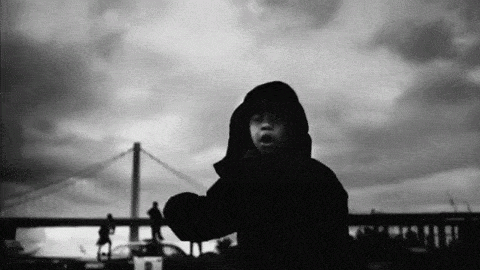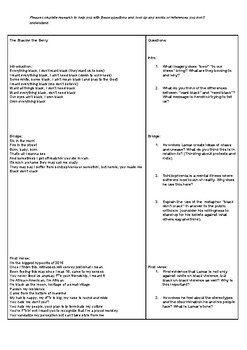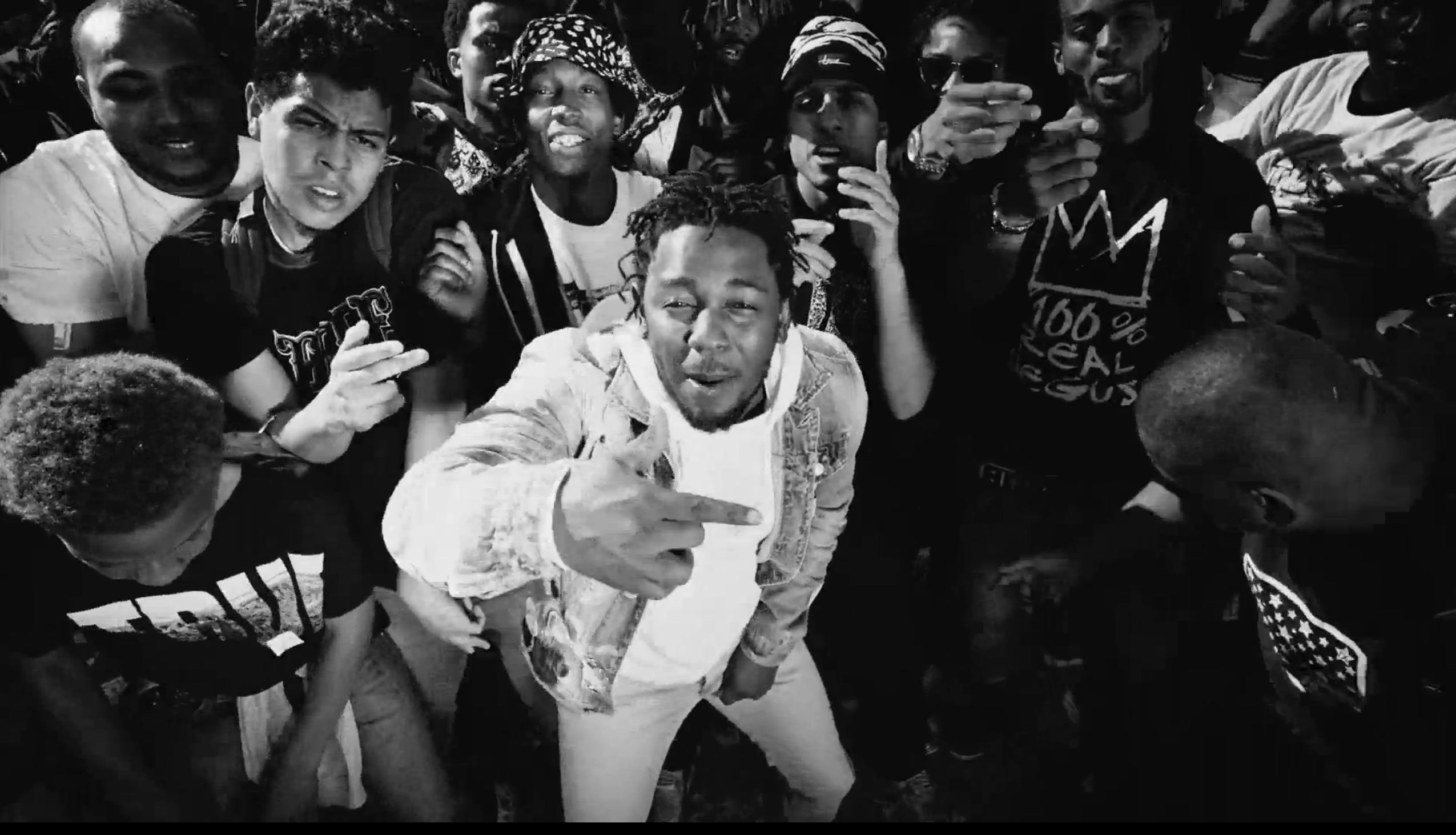

At the same time there seems to be a very real sense of racism and injustice that is playing a part in his emotional turmoil.

There seems to be this underlying depression and very real anguish over sin and the violence that is surrounding the song. Throughout the song there seems to be a reflection on sin and the struggles of sex, drugs and power. Throughout the song their are many references to Christianity including: "Lucy, I'm your dog" (lucifer), "Nazareth", "I'm at the preachers door", and "Right with God". “But if God got us, then we gon’ be alright,” is an acknowledgment of hope spoken into existence Kendrick’s vision of a better future headed by faith and unity.Kendrick Lamar does a good job showing the complicatedness of racism in America through his song Alright. The Black Lives Matter movement uses this as a holy testimony to use faith in protest for their equal treatment. This is where the “Alright” develops from a song to an anthem. This line is crucial to the choir of the song Kendrick outlines the numerous hours he spent on his knees praying for change, eventually learning that he must take action through faith. Yet, to alleviate this frustration, the next verse is “I’m at the preacher’s door/My knees gettin’ weak, and my gun might blow,” reinstating his religious connotations. Police brutality is mentioned at the apex of the song, Lamar claiming “and we hate po-po/Wanna kill us dead in the street fo sho,'” emphasizing the frustrations of the law working against the black community. The lyrics express a life-long struggle and years of pain that span longer than Kendrick’s own life specifically the systematic oppression of black men. The lyrics are very much conflicting with charismatic instrumentals of the song. At first listen, the joint choir seems optimistic, chanting “We gon’ be alright/Do you hear me, do you feel me? We gon’ be alright,” encouraging those to look past their tribulations and have confidence that everything will be okay a deeper meaning expresses why he raps this message. These urges and fantasies of revenge are his “Images of Lucy,” unfaithful ideas manifesting in his head. In his song “Alright,” he targets oppression in the black community, specifically police brutality, and his urge to go rogue and fight back. Lamar presents his conflict with a seemingly unresponsive God and visions of Lucifer, “Lucy,” surrounding his everyday life. With an infamous fixation on religion, Kendrick addresses his confidence in God to ease his burdens as a black man escaping Compton, California, and his new role as an influencer in the whitest tier of society.

To Pimp a Butterfly details an inner-battle to find a higher purpose.

But of the 16 song album, why is “Alright” the voice of protest? To find the answer you need to understand the controversy of the album as a whole. Immediately after release, Lamar’s song appeared in BLM marches and protests across the country. More than just a catchy choir, Kendrick Lamar’s “Alright” off the respected “To Pimp a Butterfly” album is a testimony of prosperity to oppressed and colored communities.


 0 kommentar(er)
0 kommentar(er)
